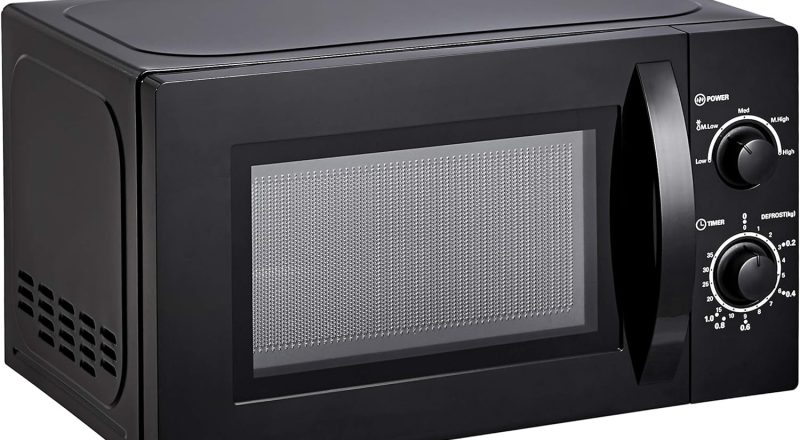Introduction:
When a microwave malfunctions or stops working altogether, the question of whether it is worth repairing or replacing arises. This decision depends on several factors, including the cost of repairs, the age and condition of the microwave, and personal preferences. In this article, we will explore the considerations involved in determining whether it is worth repairing a microwave. By examining these factors, you can make an informed decision on whether to invest in repairs or opt for a replacement.
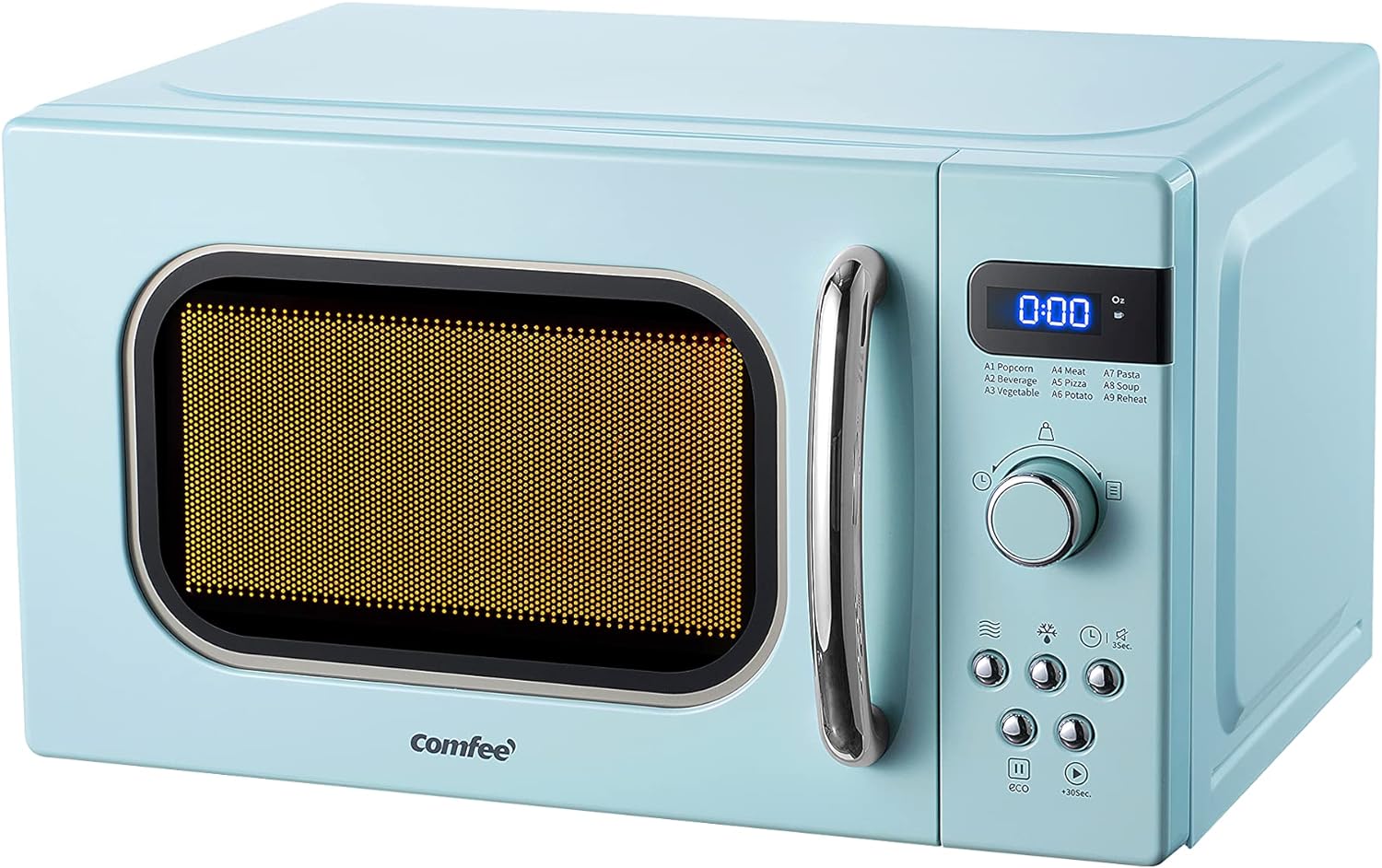
Is it worth it to repair a microwave?
Cost of Repairs:
a. Assessment by a Professional: The first step in determining the worth of repairing a microwave is to have it assessed by a professional technician. They can diagnose the issue and provide an estimate of the repair costs. This estimate should include the cost of replacement parts, labor charges, and any additional fees.
b. Comparison with Replacement Cost: Once you have the repair estimate, compare it with the cost of purchasing a new microwave. If the repair cost is significantly lower than buying a new microwave with similar features and quality, repairing your current microwave may be a more cost-effective option.
c. Cost-Benefit Analysis: Consider the cost of repairs in relation to the age and condition of your microwave. If the repair cost is high and the microwave is old or has other underlying issues, it may be more prudent to invest in a new appliance rather than in costly repairs.
Age and Condition of the Microwave:
a. Lifespan Expectancy: Microwaves typically have a lifespan of about 9 to 10 years, but this can vary depending on usage and maintenance. If your microwave is already approaching or past its expected lifespan, it may be more practical to replace it rather than investing in repairs that may only provide a temporary solution.
b. History of Issues: Consider the repair history of your microwave. If it has been repaired multiple times in the past, it may indicate a recurring problem and a potential indication of future issues. In such cases, repairing the microwave may not provide a long-lasting solution, making a replacement a more viable option.
c. Overall Condition: Evaluate the overall condition of your microwave. If it shows signs of extensive wear and tear, such as a cracked interior, damaged door seals, or rust, repairing it may not be worthwhile. These issues can compromise the safety and performance of the microwave, warranting a replacement.
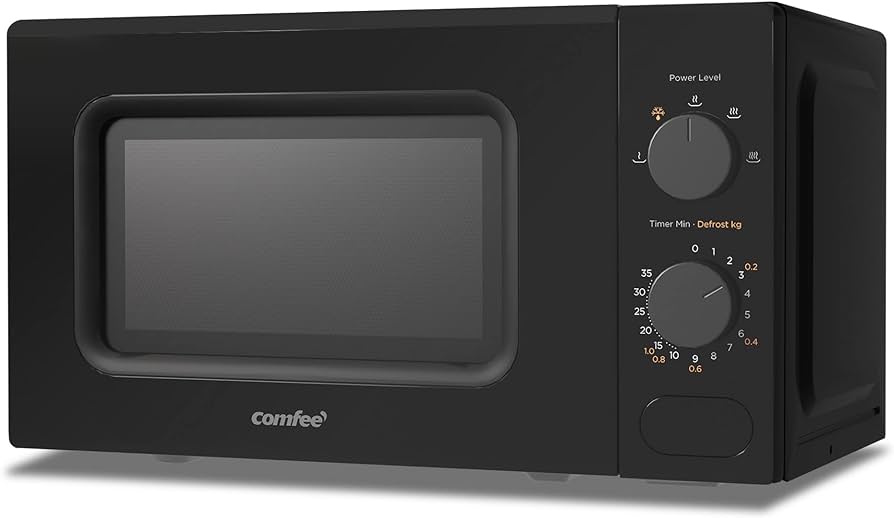
Sentimental Value and Attachment:
a. Emotional Attachment: Some people may have a sentimental attachment to their microwave, perhaps due to its longevity, special features, or sentimental value associated with it. In such cases, repairing the microwave to keep it functional may hold more value beyond the cost considerations.
b. Environmental Consciousness: Consider the environmental impact of replacing your microwave. Repairing and extending the lifespan of your current appliance reduces electronic waste and promotes sustainability. If environmental conservation is a priority for you, repairing the microwave may align with your values.
Safety Considerations:
a. Electrical Safety: If your microwave experiences electrical issues, such as circuitry problems or power fluctuations, repairing it is crucial for safety reasons. Faulty electrical components can pose a fire hazard or cause electrical shocks. In such cases, repairing the microwave should be a priority to ensure the safe use of the appliance.
b. Radiation Leakage: Microwaves are designed to contain radiation within the cooking chamber. If there are signs of radiation leakage, such as unusual odors or physical damage to the door seals, it is critical to address this issue promptly. Repairing the microwave is necessary to restore its ability to safely contain radiation.
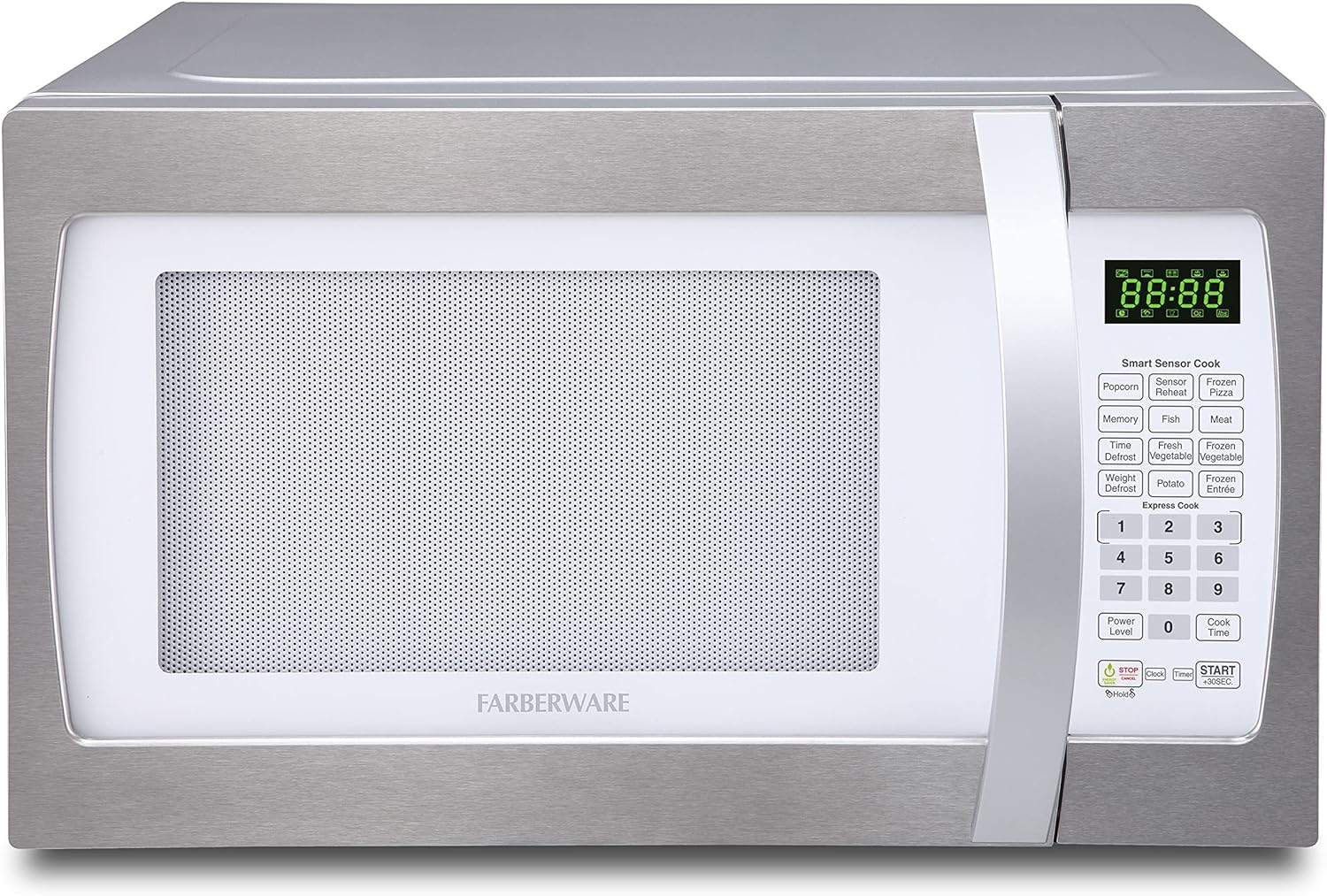
Availability of Replacement Parts:
a. Consider the availability of replacement parts for your microwave. If the required parts are difficult to find or no longer manufactured, it may complicate the repair process or make it more expensive. In such cases, replacing the microwave with a newer model may be a more practical solution.
b. Consult with a professional technician to determine the availability and cost of replacement parts. They can provide insights into the feasibility and cost-effectiveness of repairing your microwave based on the availability of the necessary parts.
Warranty Coverage:
a. Check the warranty coverage of your microwave. If the appliance is still within the warranty period, repairs may be covered, or you may be eligible for a replacement at no additional cost. Review the terms and conditions of the warranty to understand what repairs or replacements it covers and any limitations or exclusions specified.
b. Keep in mind that warranties typically have time limits and may not cover certain types of damage or issues. Assess whether the repairs needed fall within the warranty coverage and consider any associated costs, such as shipping or labor charges, that may not be included.
Budget and Financial Considerations:
a. Evaluate your budget and financial situation when deciding whether to repair or replace a microwave. If the cost of repairs is within your budget and aligns with your financial priorities, repairing the microwave may be a viable option.
b. In cases where the repair cost is significant and may strain your finances, replacing the microwave with a new appliance may be a more financially feasible choice. Consider the long-term value and potential savings of a new, energy-efficient model that may offset the initial investment.
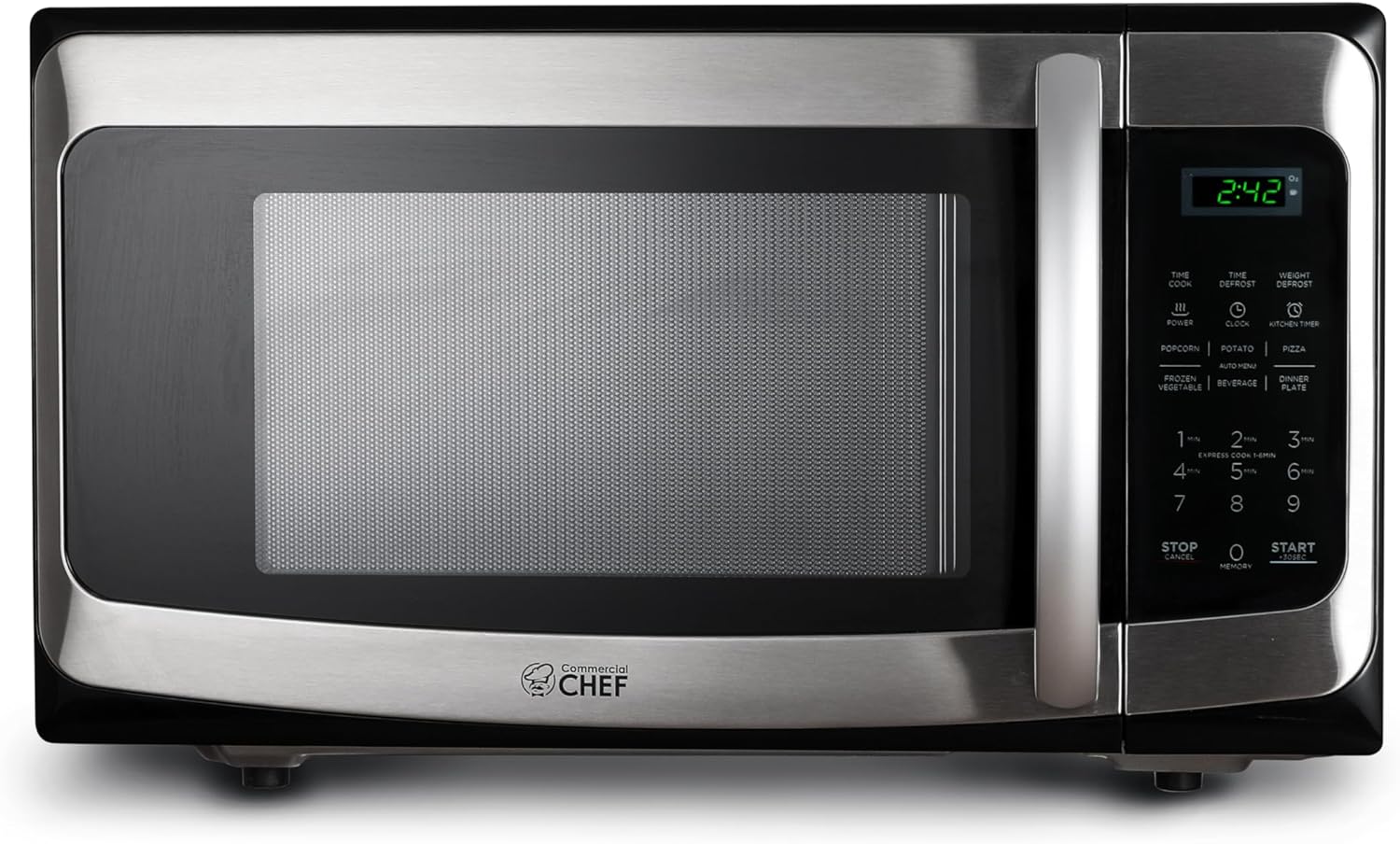
Convenience and Downtime:
a. Consider the inconvenience and downtime associated with repair or replacement. Repairs may require sending the microwave to a service center or waiting for a technician to come and fix the issue. This can result in a period without a functioning microwave, which may impact your daily routine and meal preparation.
b. Similarly, replacing the microwave requires time and effort to research, purchase, and set up a new appliance. Consider the convenience factor and decide whether the inconvenience of repairs or replacement is acceptable based on your needs and circumstances.
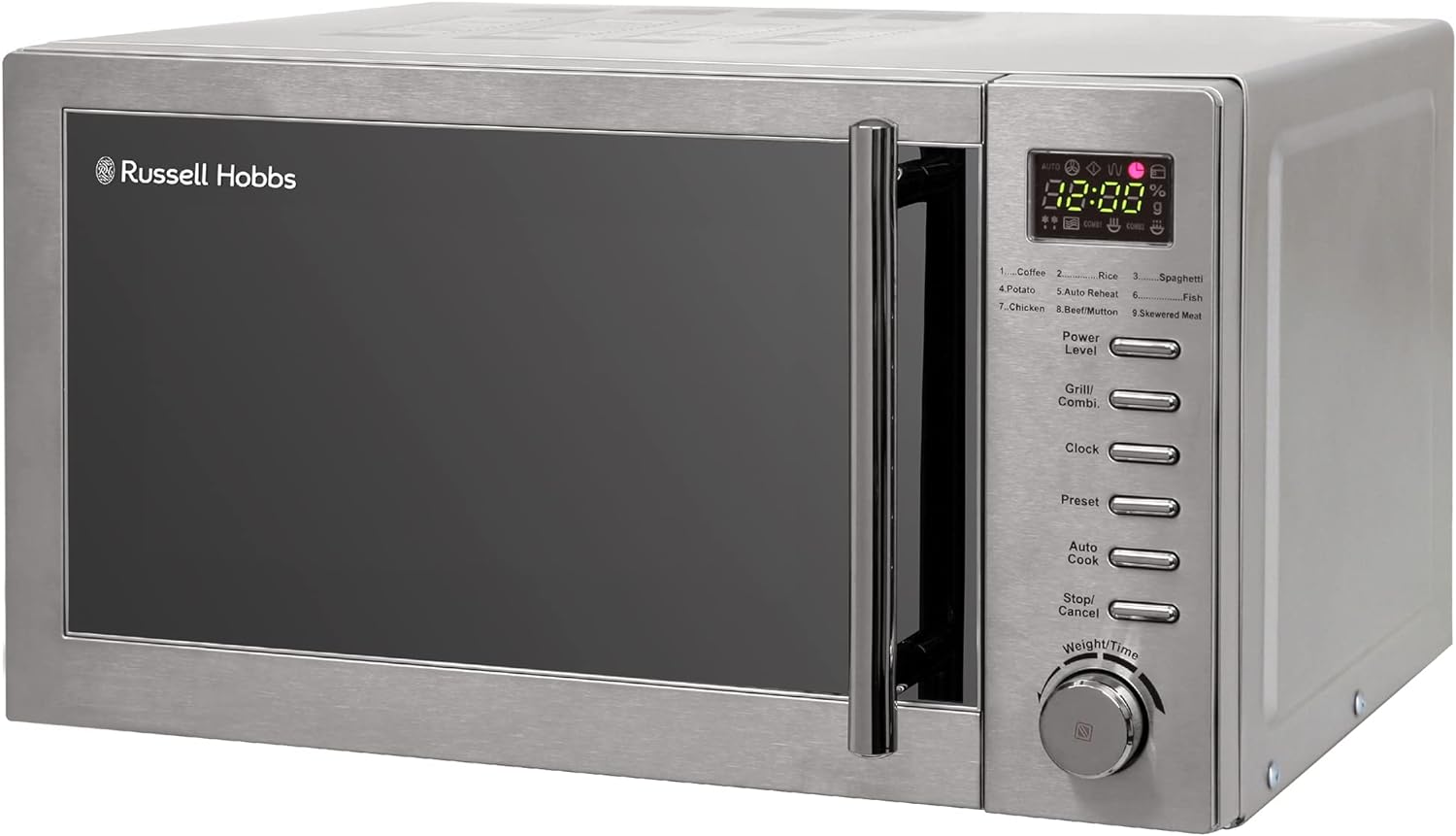
Conclusion:
The decision of whether it is worth repairing a microwave depends on various factors, including the cost of repairs, the age and condition of the appliance, personal attachments, technological advancements, and safety considerations. Assessing the cost of repairs compared to the price of a new microwave is essential in determining the most cost-effective option. The age and condition of the microwave, along with its repair history, should also be considered. Additionally, personal attachments, environmental consciousness, technological advancements, and safety concerns can influence the decision-making process. Ultimately, the choice between repairing or replacing a microwave depends on a careful evaluation of these factors and an understanding of your own preferences and priorities.

